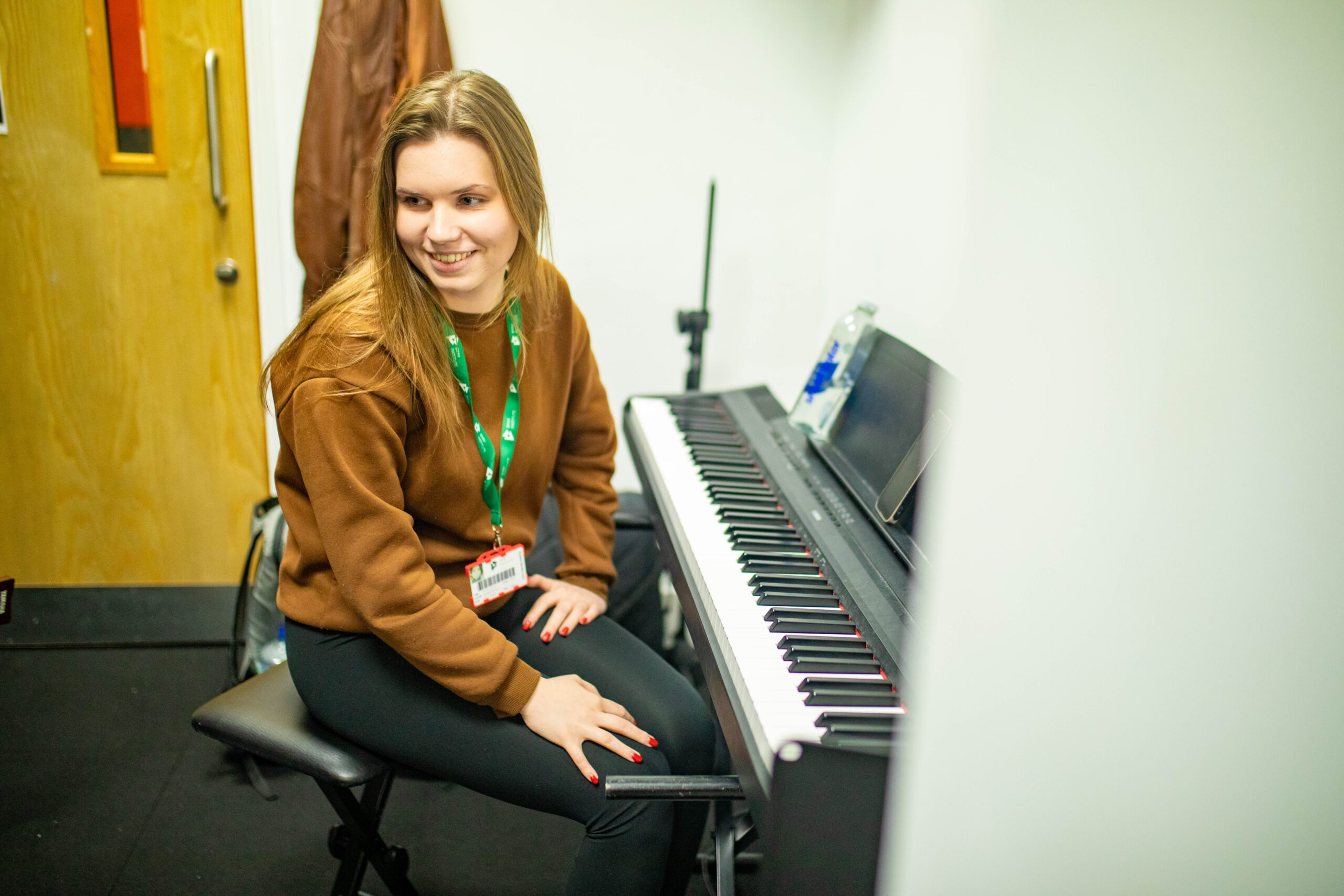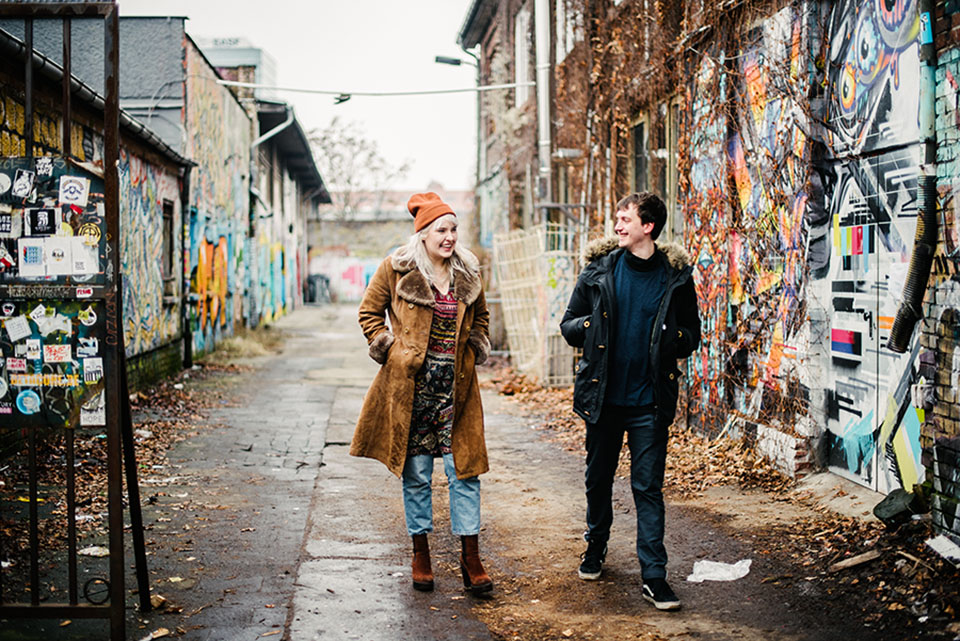If you’re experiencing anxiety, it’s important to know that you’re not alone. The Mental Health Foundation’s research from 2023 showed that we are a nation of anxious adults, with many of us not talking about our experiences. In this blog, our goal is to spark an open conversation about anxiety – discussing what it is, how it might be experienced, and what can be done to reduce and manage it.
So… What is anxiety?
Each person will experience anxiety uniquely, influenced by different factors such as upbringing, environment, significant life events, and individual personality traits and temperaments. It can be experienced temporarily or on a longer-term basis, with intensity ranging from mild to severe. At its core, anxiety is a feeling of dread, fear or unease. Anxiety can affect us in various ways:
- Emotionally: You might feel nervous, on edge, or unsettled.
- Physically: It can manifest as breathlessness, tense muscles, or other bodily sensations.
- Cognitively: Your thoughts may become more negative, perhaps about yourself, others, the future, or the world. Behaviourally: You might avoid people or activities you usually enjoy or struggle to relax.
If you find yourself experiencing these symptoms, and it starts to become overwhelming and interferes with your daily life or relationships, it’s important to take action and explore strategies to manage your feelings effectively.
In the context of music, anxiety may manifest as self-doubt, either during performances or in the creative process. Performance anxiety is a type of social anxiety, and we’ll explore different ways of addressing this.
Managing anxiety in the moment
Whether it’s a general wave of anxiety or a sudden surge of performance anxiety, there are several things you can do to manage it in the moment:
- Breathing: Try to slow and regulate your breathing. There are many different techniques you can use, but one might be to lengthen your exhale and concentrate on where you can feel it in your body. With each breath, try and make it deeper and slower. Your heart rate will slow, and your muscles will relax as more oxygen flows around your body. You can also try ‘box breathing’ – count to four during the inhale, hold for four, and exhale for four.
- Visualisation: As you slow your breathing, close your eyes and imagine a place where you feel safe and comfortable. Try and relax your body – shake out your hands, arms, legs or feet to release excess energy and reduce trembling.
- Grounding: Try the 333 rule – listen for and name three sounds you can hear; look for and name three things you can see; and interact with and name three things you can touch. Repeat this as many times as you need to.
- Turn your thoughts around: If your negative thoughts are racing, slowing your breathing will help to push them away. You can also use positive self-talk, which involves repeating affirmations that will reassure and calm you.
- Talk to someone: If someone you feel comfortable with is nearby, talk to them. Share how you’re feeling and ask them to stay with you until the anxiety subsides. You could even ask them to do a breathing or relaxation exercise with you.
There are also activities you can incorporate into your daily routine to help manage feelings of anxiety:
- Lifestyle habits: This could include staying active; spending time in nature; reducing your screen time; maintaining a healthy diet; prioritising sleep; and taking time to socialise with others.
- Therapeutic interventions: Try mindfulness, meditation and breathing practices; journaling; attending a peer support group; or therapy (including talking therapy or arts therapy). Support groups and therapy will help you face your fears gradually, question your thought patterns, identify and manage triggers, and reduce avoidance
Helping to reduce performance anxiety
There are several practical steps you can take to reduce and manage performance anxiety:
- Acknowledge the issue – Recognise that performance anxiety is an issue and take proactive steps to address it.
- Preparation – Preparation can include familiarising yourself with the music, the performance space, or your outfit, and meeting the crew or fellow performers in advance. Knowing what to expect can provide reassurance.
- Breath and body – Focus on your breath, slowing and deepening it to help regain control. Combine this with physical movement, such as shaking out tension, stretching, or going for a walk, to release any nervous energy.
- Diet – On the day of the performance, limit your caffeine and sugar intake, and fuel yourself with a balanced, nutritious meal to keep your energy steady.
- The audience is on your side – Focus on the enjoyment your performance will bring to the audience, rather than worrying about what could go wrong. Push aside thoughts that might provoke self-doubt. The audience wants you to succeed just as much as you do!
- Remember your worth – Your value is not defined by your performance, whether it’s a triumph or a disappointment. The audience are welcome to take what they want from the experience, but the performance doesn’t determine who you are.
If you need extra support during your studies, please reach out to the Student Wellbeing Team at BIMM; in the workplace, Music Minds Matter is available to help and guide you to other services.
This blog post was written in partnership with Music Minds Matter.



